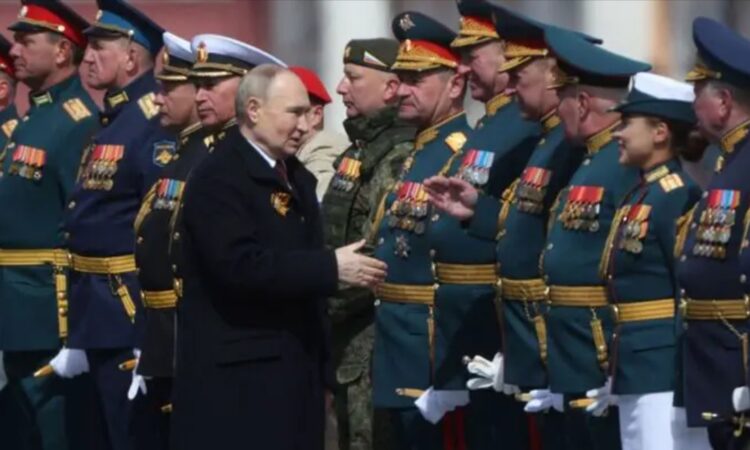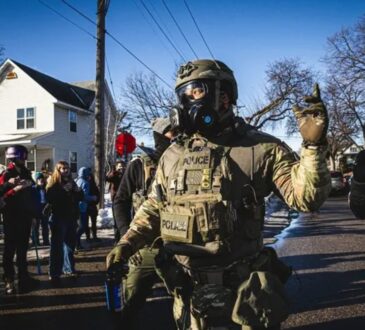
In Russia, May 9 is a very important day called Victory Day. It’s when people remember and honour the millions of Soviet soldiers and civilians who died during World War II while fighting against Nazi Germany. Every year, there are parades and memorial events held all across the country, with the biggest celebration taking place in Moscow. For Russians, remembering those who died in the war is sacred. Veterans are deeply respected, and the memory of their sacrifice is something many people take seriously.
But in the city of Samara, one man was left furious when he found a World War II cemetery in a terrible state. A pipe had burst, flooding the graves with dirty water full of sewage. The man filmed the scene and shouted in anger, saying that these were the graves of heroes who fought in the Great Patriotic War—what Russians call World War II. He was outraged that such an important and sacred place had been allowed to end up like this.
In the video, he pointed to one of the graves and said it belonged to a veteran. He was emotional and furious, calling on authorities to fix the problem and clean the mess immediately. His anger showed just how much it hurt him—and many others—to see war heroes treated with such disrespect.
Sadly, this isn’t the first time something like this has happened in Russia. In many areas, especially outside big cities, it’s common for old pipes to burst. These pipes carry sewage or hot water for heating, and when they break, they can flood streets and even homes with waste. In January, people in Novosibirsk had to deal with a huge mess after a sewage pipe exploded, spilling dirty water all over a busy part of the city.
While this was happening, something unusual took place in Sweden. A drone flew over the Russian embassy and dropped paint near the front entrance. The embassy said this wasn’t the first time it’s been happening for over a year.
The Russian Foreign Ministry responded by asking the Swedish government to control these attacks and follow international rules, especially those laid out in the Vienna Convention, which protects diplomats and embassies.
All of this paints a picture of how everyday problems in Russia—like broken infrastructure and political tension—can deeply affect the lives of ordinary people, especially when they touch something as sensitive as the memory of fallen soldiers.




